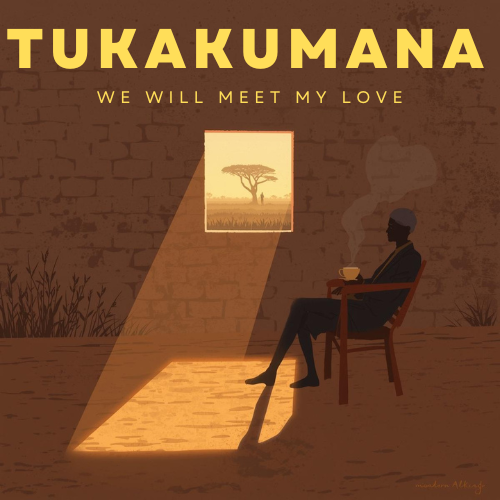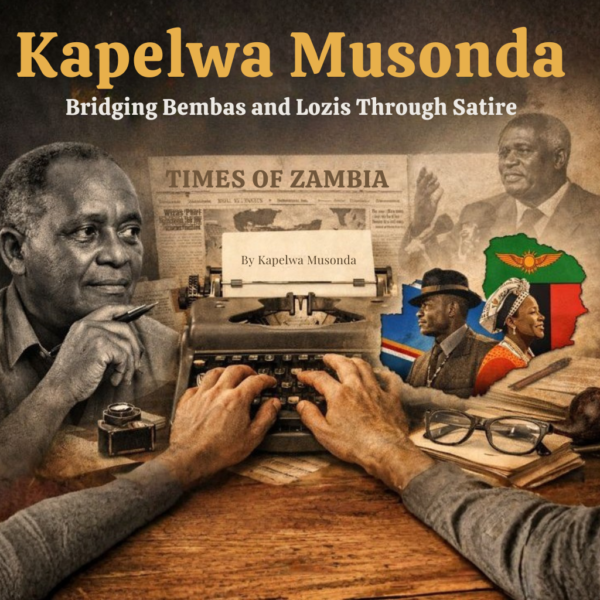When I submitted my last article on funerals to the editor of Kitwe On Line, I half expected it to be rejected on the basis that he wouldn’t want to scare the residents of Kitwe, who constitute the target readership, by posting a morbid topic about death and funerals on the website.
I was, therefore, pleasantly surprised when he informed me that he actually liked my article. His only regret was that I hadn’t delved into the reasons for the changes. He hoped, however, that readers would fill in this gap. I personally prefer this option because my aim for writing the article was not to offer a definitive treatment of the subject but merely to provoke public debate.
I can probably kick-start this discussion by suggesting that the changing funeral trends are a result of our ever evolving culture. Yes, culture is never static. Like everything else in life, culture is subject to change. Someone has rightly observed that the only constant in life is change. This change can be observed in the style of clothes, the kind of music played, the types of cars driven, women’s hairstyles, the language spoken, etc.
The direction in which Zambian beliefs and practices regarding funerals have moved has been influenced by various factors that include the physical and social environment.
Globalization has also had an impact on our social values. Interaction with members of the wider world has meant that foreign cultural norms have affected our social belief system. In Zambia, for example, one could never appear in front of his or her in-laws in a swimming costume, let alone share the same swimming pool with them. There are now quite a few Zambians who have no qualms about doing so as a result of their exposure to different world societies.
One other factor that has made death less scary has been the increase in deaths due to the AIDS pandemic. Death has become such a common occurrence that almost everyone is acquainted with it in one form or the other.
Television and cinema have also played a role in making death a commonplace occurrence. Every day, we are bombarded with grisly pictures of dead bodies through television and cinema.
Perhaps you, the reader, have a better explanation for the changes that have taken place over the years in the way ordinary Zambians view death. Why don’t you share your views through the editor of Kitwe On Line?

One interesting reaction to my article on funerals was from my daughter, Kasasa. She thought that I was definitely joking when I suggested that in future, funerals might be made more entertaining by including beauty pageants and dancing competitions on the funeral menu. I reminded her that if I had suggested, forty years ago, that there would be music and dancing in church of a kind appropriate only for night clubs and adult audiences, some people would have thought that I was joking.
I am grateful to my friend, Wynegood Malunga, for caring to read through my article. Wynegood is a social commentator of note whose works can be found on Facebook under the title, “IT’S JUST A THOUGHT.”
He has highlighted some interesting Zambian practices relating to funerals, such as the practice commonly referred to as property grabbing. This is an old Zambian tradition in which the relatives of the deceased person grab all his or her possessions without showing any regard to the surviving spouse and children.

This tradition is, however, slowly dying away. Whereas in the past, ones relatives took center stage in the distribution of the dead man’s property, it is the children and spouse who are now the major beneficiaries of the material wealth left behind by the deceased.
The comments from my second daughter Nambeye, who said that she laughed throughout her reading of the article, convinced me that I had succeeded in my objective of taking a somber subject and finding an angle to make it amusing. Life is so full of hardships that every opportunity must be used to try and make it more tolerable.

Although it was not my intention to evaluate the merits and demerits of Zambian funerals, I must acknowledge the sentiments of a friend of mine, Jestus Kapambwe, who suggested that there was need to educate the masses regarding the critical roles that need to be played at someone’s funeral.
His view is that our focus should be on helping the surviving members of the bereaved family to cope with the loss of their loved one. He suggested that there are three moments of crisis through which the bereaved person should be assisted.
Firstly, there is the actual moment of dying. This is, perhaps, the most critical point at which shock can paralyze the surviving relative or friend. Friends can help by taking practical steps to immediately deal with the deceased person’s body. In this kind of situation, action speaks louder than words. It will not help to start mourning alongside the bereaved person while the body remains unattended to. There is always time for that later.
Secondly, there is the moment at which the coffin is lowered into the ground. This act represents the final moment of separation of the bereaved person from the deceased person. Someone must always be nearby to offer the bereaved person a shoulder to lean on, literary.
Thirdly, there is the moment when everyone finally leaves the house of mourning. This moment represents an entry point for the surviving person or persons into an unfamiliar territory – a life without the departed relative or friend. Again, there is need for someone to offer encouragement and support to the surviving person in order to help them to come to terms with the new reality.
Again, I would like to challenge you, dear reader, to suggest ways in which the quality of our funerals in Zambia can be improved.
I would like to end this article by sharing with you an interesting point regarding grave yards. When I was growing up as a teenager, the graveyard was a sacred place that evoked fear in our minds.
These days, a graveyard is a place that provides one with the needed quiet and peace to study for an academic exam. It is also a convenient meeting place for young lovers. Many romantic relationship owe their genesis to the graveyard.
The reference to graves provides me with a perfect opportunity to put this matter to rest.
_________________________________________________________________
John Katebe is a professional speaker and writer with John Katebe Talks And Seminars.
John conducts Total Success Training .
Email: jkatebepresents@gmail.com
_______________________

